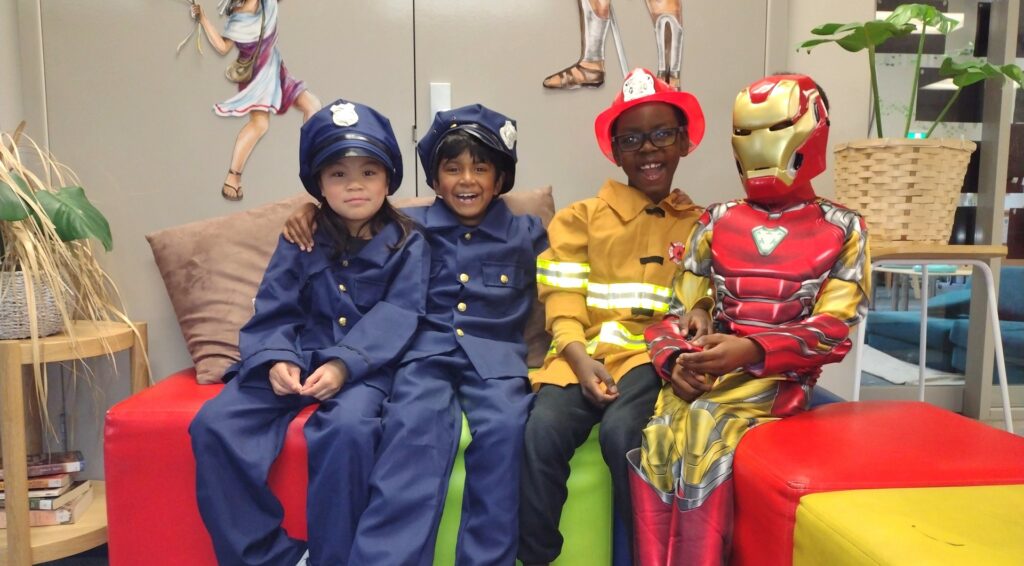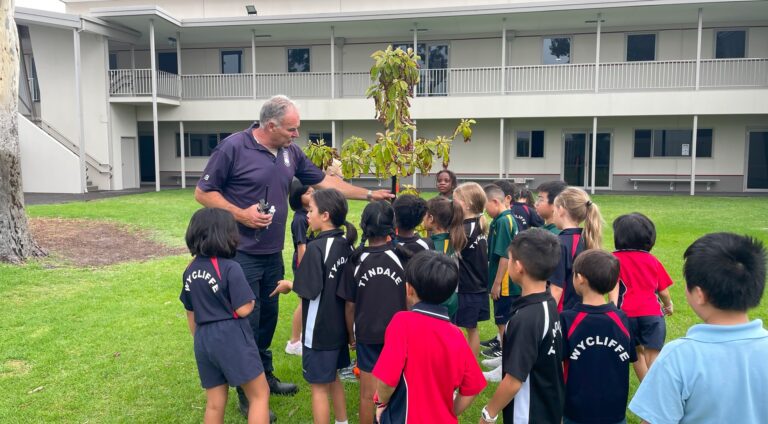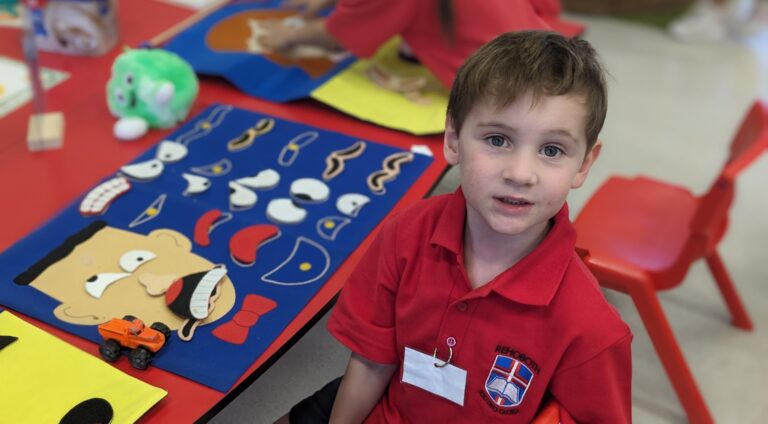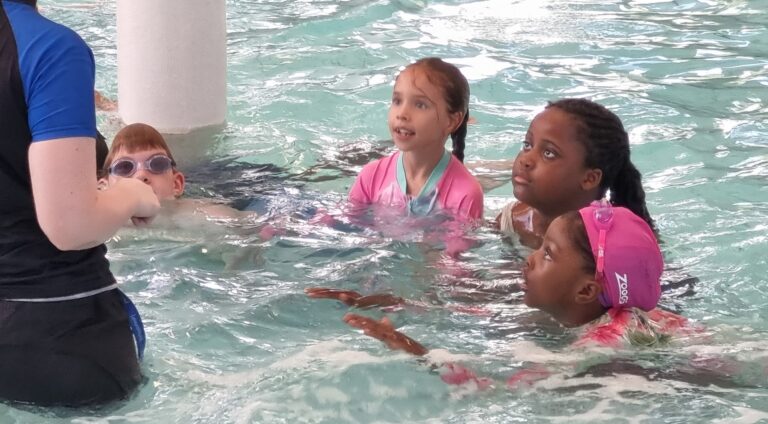At our Book Week Assembly, I saw characters from The Lion, The Witch and The Wardrobe, The Pilgrim’s Progress and Max Lucado’s books about the Wemmicks. These stories help children to remember that their identity lies in God and who He made them to be, not who the world says they are.
Each year since 1945, the Children’s Book Council of Australia (CBCA) has brought children and books together across Australia through Children’s Book Week. This year, Children’s Book Week officially runs from August 19 to August 25, however, due to swimming lessons, our Kenwick Primary campus celebrated our Book Week Assembly on Tuesday August 8. The national theme this year is ‘Read, Grow, Inspire’ which fits beautifully with our Christian ethos. Students, teachers and parents were encouraged to consider why we read, what books we should be reading, and which books have inspired us to grow in the direction God is leading us.
Obviously, as a Christian College, we recognise that the Bible is the most important book and should receive the highest priority in our lives. Other books can be beneficial, good and true, but only the Bible is “God-breathed” (2 Timothy 3:16-17). This understanding was evident in the number of children that dressed as Bible heroes for our Book Week Assembly. However, the Bible is not the only book we have in our school library or curriculum. Other books play a large role in teaching and entertaining us. The question I am often asked at school is, “How do we decide which books are suitable for our library and which books are not?” This is something I have spent a significant amount of time prayerfully considering.
1 Corinthians 10:31 says, “So, whether you eat or drink, or whatever you do, do all to the glory of God.” We should be honouring God with what we read and watch.
Philippians 4:8 says, “Finally, brothers, whatever is true, whatever is honourable, whatever is just, whatever is pure, whatever is lovely, whatever is commendable, if there is any excellence, if there is anything worthy of praise, think about these things.”
There is so much in God’s glorious Creation that we can learn about and admire. We have plenty of books that teach us about animals, rivers, oceans, and space.
Excellence is demonstrated by many of God’s followers, and we can read all about their lives in their biographies.
1 Timothy 4:12 says, “Let no one despise you for your youth, but set the believers an example in speech, in conduct, in love, in faith, in purity.” At our Book Week Assembly, I saw students dressed as Bethany Hamilton, Messi and Ronaldo, Brother Andrew, Amy Carmichael, Elisabeth and Jim Elliot and, of course, William Tyndale, John Newton and John Wycliffe. These are some of the people our students look to for an example of how to talk, act and live.
So, perhaps we can all agree that there is sometimes good to be found in the non-fiction section of the library, but what about the fiction section?
My belief is that students need to know that fiction books are made up, but they can be used to communicate truth in a similar way to Jesus’s parables.
Many of the fiction books we have in the library help children to learn skills such as regulating emotions or treating others with love and respect.
Some books are valuable in helping children with situations they may encounter in their own lives such as the death of a family member or feeling left out at school. Our students often make connections between the stories told by C.S. Lewis, Max Lucado and John Bunyan and their knowledge of the Bible. These writers were able to take complicated concepts from the Bible and create analogies that are easily understood and applied by children.
At our Book Week Assembly, I saw characters from The Lion, The Witch and The Wardrobe, The Pilgrim’s Progress and Max Lucado’s books about the Wemmicks. These stories help children to remember that their identity lies in God and who He made them to be, not who the world says they are.
Of course, there are also some books that Christians should NOT read. Books that call evil good and good evil will never glorify God. Isaiah 5:20 warns us to stay away from these books.
Books with gratuitous descriptions of immorality or bloodshed are not worthwhile either. Especially if they include graphic images! Ephesians 5:11-12 says, “Take no part in the unfruitful works of darkness, but instead expose them. For it is shameful even to speak of the things they do in secret.” This idea takes us back to the first Bible verse I quoted, Philippians 4:8.













